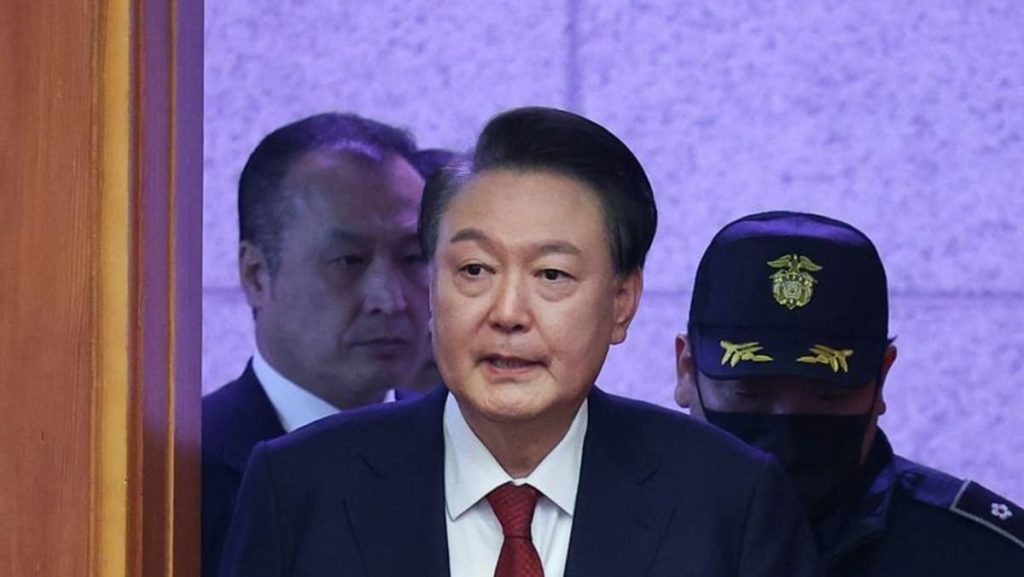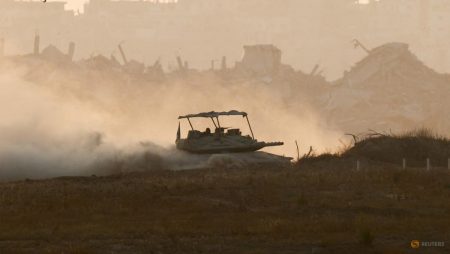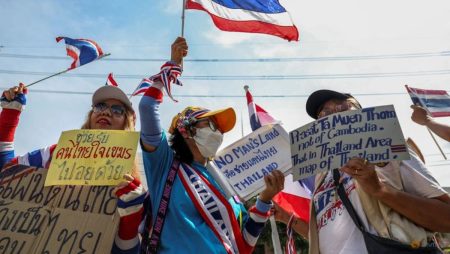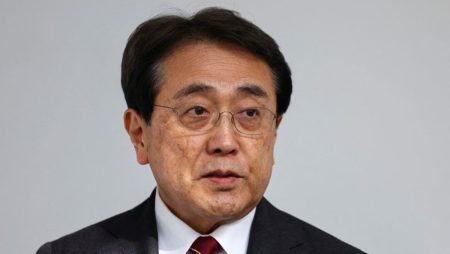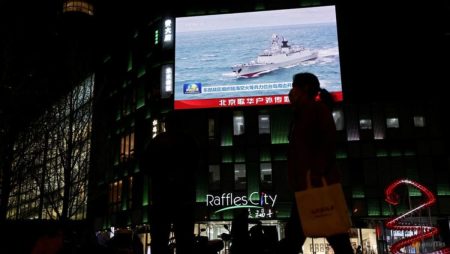The arrest of former South Korean President Yoon Suk-yeol marks a dramatic turning point in the nation’s political landscape. Detained since the week prior, Yoon faces scrutiny for his attempted imposition of martial law on December 3rd, a move that sent shockwaves throughout South Korea and the international community. While the parliament swiftly overturned the declaration within hours, the attempt itself triggered a cascade of investigations, ultimately leading to Yoon’s incarceration. His detention underscores the fragility of democratic processes and the potential for executive overreach, even in established democracies. The incident raises critical questions about the safeguards in place to prevent such actions and the appropriate response when such safeguards fail.
At the heart of the investigation is the Corruption Investigation Office (CIO), an independent anti-graft agency established in 2021. Tasked with investigating high-ranking officials, including the president and their families, the CIO operates separately from the prosecutor’s office, offering an additional layer of accountability. In Yoon’s case, the CIO has spearheaded a joint investigation involving the police and the defense ministry, working in parallel with a separate probe conducted by the prosecutors. This multi-pronged approach underscores the gravity of the alleged offense and the commitment to a thorough and impartial investigation. The CIO’s involvement signals a broader shift towards greater transparency and accountability within South Korea’s political system.
However, the CIO’s authority in this case is not without limitations. While empowered to investigate a wide range of high-ranking officials and potential violations, the CIO lacks the power to directly prosecute the president. This crucial distinction means that any evidence gathered by the CIO concerning Yoon’s attempt to impose martial law must be referred to the prosecutor’s office for potential indictment and prosecution. This division of power creates a crucial checkpoint in the legal process, ensuring that the decision to prosecute a former president is carefully considered and not solely within the purview of a single investigative body.
Yoon’s legal team has consistently challenged the CIO’s jurisdiction in this matter. They argue that the law establishing the CIO, while encompassing a broad spectrum of officials and offenses, does not specifically mention “insurrection” or similar acts as falling within the agency’s investigative mandate. This legal argument centers on the principle of specified jurisdiction, asserting that an agency’s powers are limited to those explicitly granted by law. Yoon’s lawyers contend that the absence of a specific mention of insurrection effectively excludes the CIO from investigating the former president’s actions. This legal battle highlights the complexities of interpreting legal statutes and the potential for differing interpretations to shape the course of high-profile investigations.
The legal wrangling surrounding the CIO’s authority underscores the broader constitutional questions raised by Yoon’s actions. While the parliament ultimately thwarted his attempt to impose martial law, the incident itself exposed potential vulnerabilities in the system. It raises fundamental questions about the balance of power between the executive, legislative, and judicial branches, and the mechanisms in place to prevent the abuse of executive authority. The debate over the CIO’s jurisdiction thus becomes a crucial test case, shaping the understanding of the agency’s powers and its role in upholding the rule of law.
The ongoing investigation and the legal challenges surrounding it are poised to have a significant impact on South Korean politics. The outcome will not only determine Yoon’s fate but also set a precedent for future investigations involving high-ranking officials. Furthermore, the case is likely to fuel ongoing discussions about potential reforms to strengthen democratic institutions and safeguard against future attempts to subvert the constitutional order. The public scrutiny of this case underscores the importance of transparency and accountability in government, and the critical role of independent investigative bodies in upholding the rule of law. The unfolding events will undoubtedly shape the future of South Korean politics and serve as a crucial case study in the challenges of balancing executive power with democratic principles.




